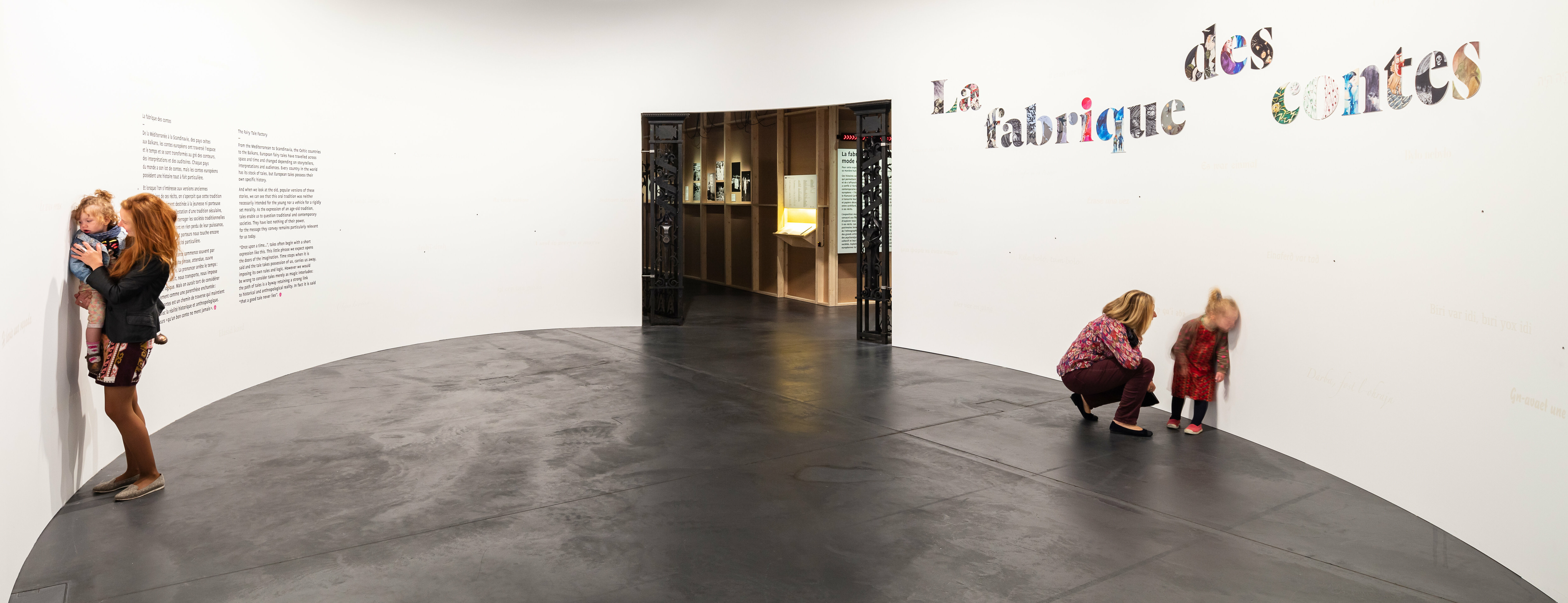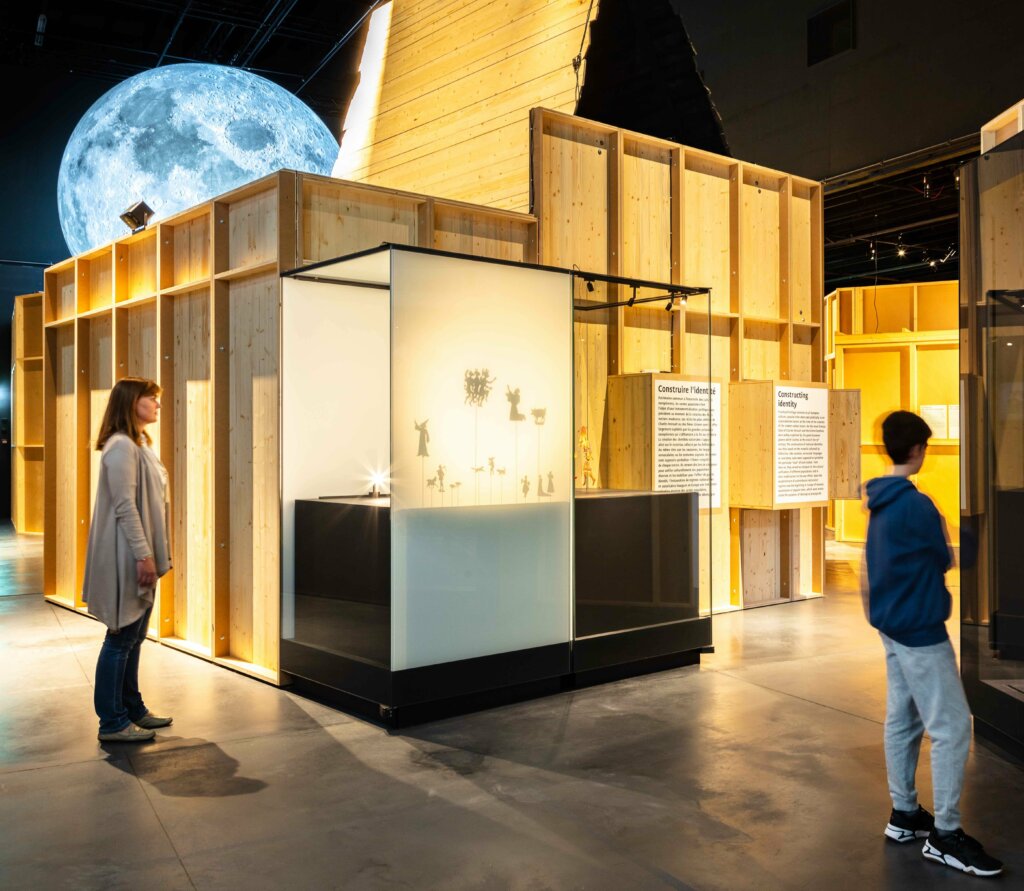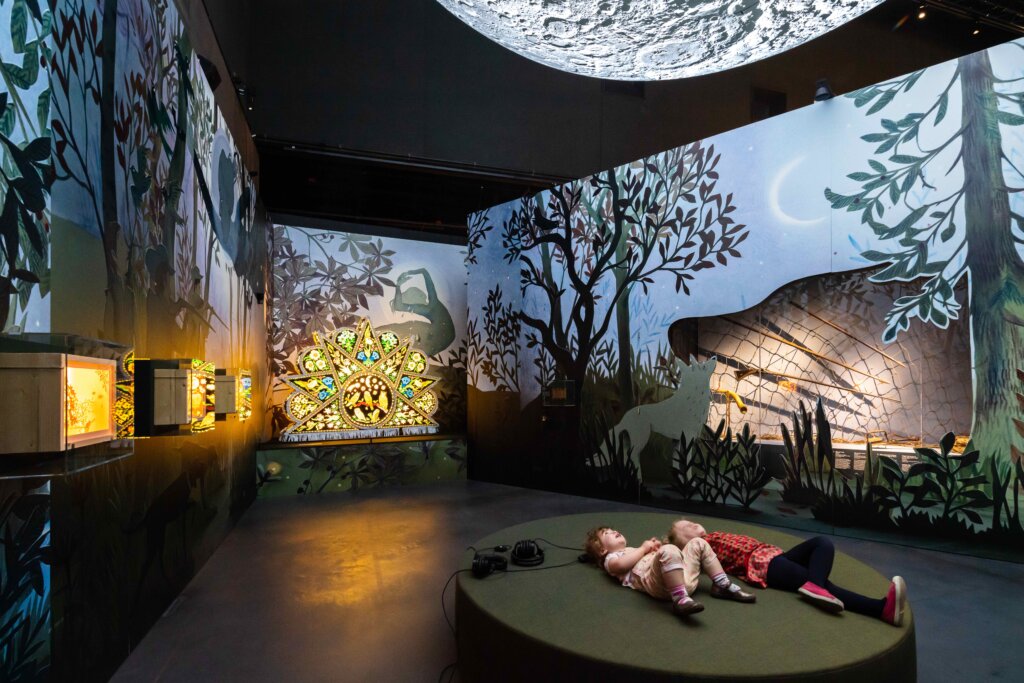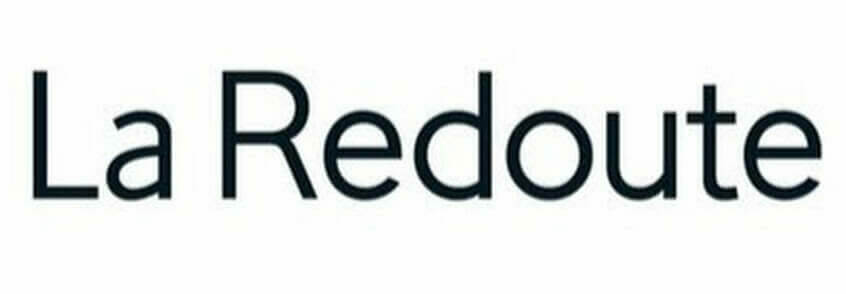This moment of turning in on ourselves incites us to question our relationship to our bodies and our vital space. An acceleration of new attitudes, new relationships with one’s self and others, reinvented rituals, redefined essentials, imposes unexpected changes of habits.
To better respond to the profound transformations of an emerging world, see our conversation with Federica Tamarrozzi, an ethnologist specialising in the relationship to the body, notions of health and intimacy, curator in charge of Dpt Europe at the Museum of Ethnography in Geneva.
Q&A :
Sandrine Maggiani: While the time is still under containment, what effects will the prolonged confinement produce on our relationship to the body, touching or sensory appeal?
Federica Tamarrozzi : We are and will be obliged to find other ways to express our emotions and relationship with intimacy. Setting up safety gesture barriers where they traditionally didn’t exist- between parents and children, partners in a couple, friends or colleagues- will transform and reduce our social and tactile relationships.
In parallel, since our movements are reduced to the shortest distances, new online sport practices will incite us to adopt a new energy and transform our physical perceptions. For example, a large number of people are rediscovering their bodies and physical abilities, causing them to profoundly rethink their sport routines which have become more accessible, adapted and even ultra-personalized.
 « La Fabrique des contes » qui a reçu la médaille d’argent des International Design Awards. Commissaire exposition F Tamarrozzi . copyright MEG-Photo J.Watts
« La Fabrique des contes » qui a reçu la médaille d’argent des International Design Awards. Commissaire exposition F Tamarrozzi . copyright MEG-Photo J.Watts
SM: What are the new attitudes and rituals that the beauty and well-being industries must observe?
FT: Cleaning the body – literally – as a symbolic acceptation is now more important than embellishing ourselves and getting dressed. We see a strong need for cleanliness – even extreme – and basic hygiene products. And since we reduce contact with others, simple-to-use products that we apply ourselves – often using self-massage to apply – or that are applied by untrained people in our intimate circle will no doubt be used more.
SM: In which way will quarantine restrictions and new communication tools modify our relationship with appearance and clothing?
FT : Now that our living space can be seen by people outside our close entourage, we need to reconcile two contradictory social facts that will influence our lifestyles: living as a recluse and exhibiting ourselves.
Simplified uses, a search for comfort and fluidity that blurs frontiers between personal and professional life will apply even more to our clothes. More than ever, they must adapt to our well-being and not reflect our social or professional status. This being said, we will always be in a relationship of seduction with the image a garment reflects of ourself.
 copyright MEG-Photo J.Watts
copyright MEG-Photo J.Watts
SM: How will the virtual experience impact our ways of “consuming culture”?
FT: Though experiencing culture at a distance is essential to facilitate an access to places and artwork – paving the way for greater collaboration and cultural exchange-nothing will replace the direct experience of seeing artwork or being in a concert hall. With the access to the virtual now simpler and multi-generational, we will see more experiential hybridizations that engage the senses and emotions using AMSR or haptic technology for example. However, immersive cultural places that amplify physical sensations require the presence of visitors willing to participate.

We will continue to share with you the solidarity and innovative visions of professionals to inspire you. Our consulting teams are at your side to support you. Let’s keep in contact





